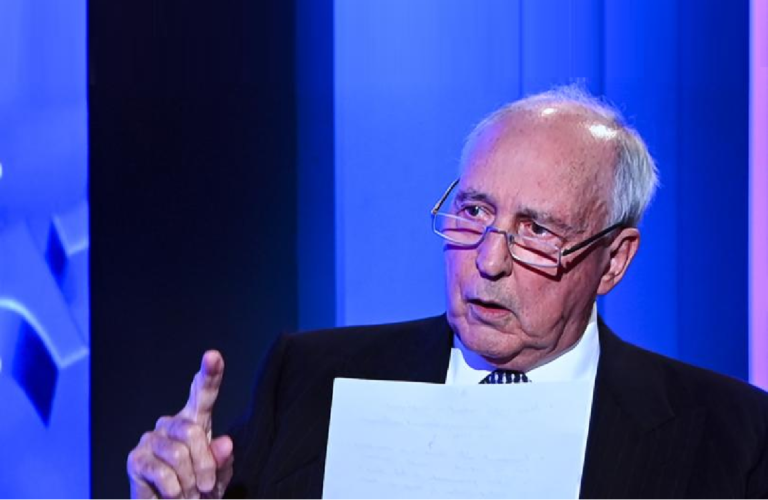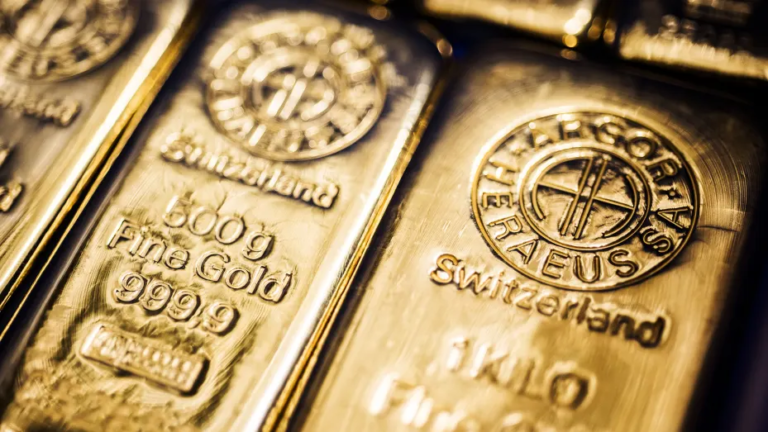Volunteers in the Philippines plan to defy Chinese claims in the South China Sea with a mission to bring Christmas cheer to Coast Guard members and fishermen on December 5, taking them through a disputed part of the waterway where Chinese forces routinely confront supply missions.
The volunteer coalition “Atin Ito,” a Tagalog term that means “it’s ours,” told local news agency ABS-CBN it expects at least 40 ships to join what has become known as the “Christmas Convoy.”
Tensions between Manila and Beijing have surged in recent months amid several high-profile run-ins between Philippine vessels and Chinese Coast Guard and maritime militia ships near the disputed Second Thomas Shoal, a small submerged reef where the Philippines maintains a small contingent of troops aboard a grounded former warship named the BRP Sierra Madre.
On its website, Atin Ito says it will help distribute food, medicine, and other supplies to civilian communities as well as “frontliners” serving in the Philippines armed forces. The group also aims to “demonstrate the Philippines’ unwavering commitment to uphold its rights through peaceful, rules-based but resolute means,” it says, in reference to the country’s pushback against China‘s maritime activities in nearby waters, which Manila says violate international law.
Atin Ito and the Chinese Ministry of Foreign Affairs did not immediately respond to Newsweek‘s written requests for comment.
In a sudden reversal, the Philippines’ National Security Council (NSC) announced Wednesday it was green lighting the “civilian-led Christmas Convoy to the West Philippines Sea,” the country’s name of the part of the South China Sea that lies within its exclusive economic zone—an area extending 200 miles from its coastline.
The council had last week discouraged the mission in light of the tense situation with Beijing.
In its statement Wednesday, the NSC stressed it and the volunteer coalition’s leaders had agreed making a stop at the Sierre Madre itself was “not advisable at this time since the safety of the civilian convoy is of paramount consideration.”

However, the flotilla will be allowed to pass through “the general vicinity of Ayungin Shoal (Second Thomas Shoal) as far as practicable” en route to other features in the area to bring the supplies to troops and fishermen.
Atin Ito co-convener Edicio dela Torre told ABS-CBN‘s news channel ANC Digital Tuesday that civilian volunteers planning to be aboard the boats currently number “at least a hundred, but it could go as high as 200.” He said the group was also inviting along members of the media.
He told the outlet that if a Chinese task force comes, the group could “just board the [Philippine] coast guard ships for their safety.”
However, NSC Assistant Director General Jonathan Malaya voiced concern the convoy could be viewed as a “Philippine version of a swarming,” per a Thursday ABS-CBN report.
China has previously sent large numbers of maritime militia ships, sometimes backed by coast guard vessels, to waters near the Philippines in order to achieve de facto control over an area.
The Philippines under President Ferdinand Marcos Jr. has been more assertive against China than under the previous administration.
Marcos recently condemned what he called China’s “coercive tactics and dangerous maneuvers” in a speech while in Hawaii and said his country was seeking cooperation with “allies and partners” to improve regional security.
In recent weeks, the Philippines has also conducted exercises with both the U.S. and fellow U.S. ally Australia.
The Chinese Defense Ministry on Thursday blasted the Philippines, which it said had “illegally grounded a military vessel at Ren’ai Jiao (Second Thomas Shoal) and attempted to reinforce it by sending ships to intrude into [its waters].”
China claims sovereignty over the Spratly Islands, which encompass Second Thomas Shoal, as well as most of the South China Sea, despite an international tribunal in 2016 dismissing this claim.
The NSC said it would meet with the country’s coast guard and navy to decide on a limit to the number of ships allowed to participate as well as discuss the safety of participants in the convoy, according to ABS-CBN.
Source : Newsweek







